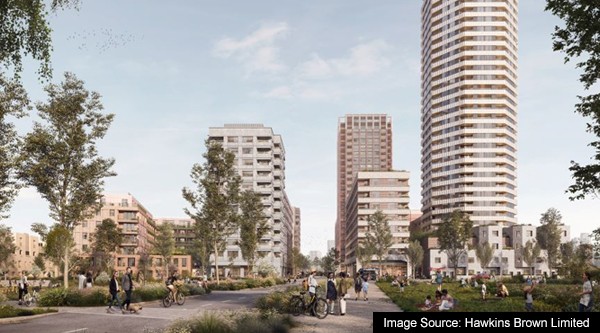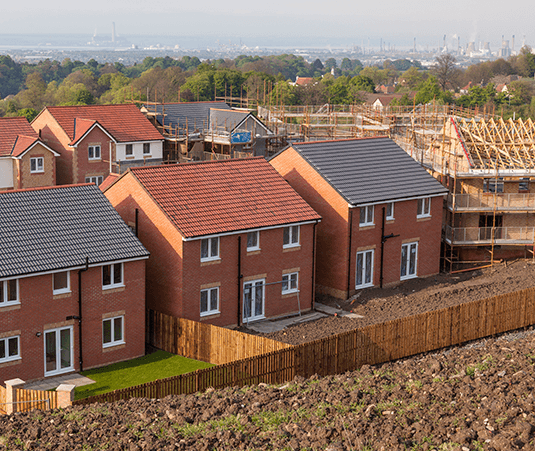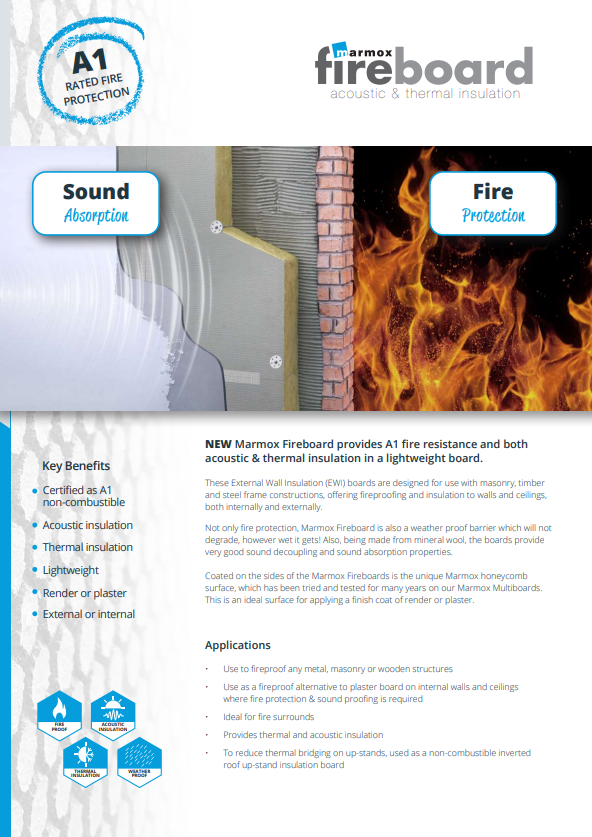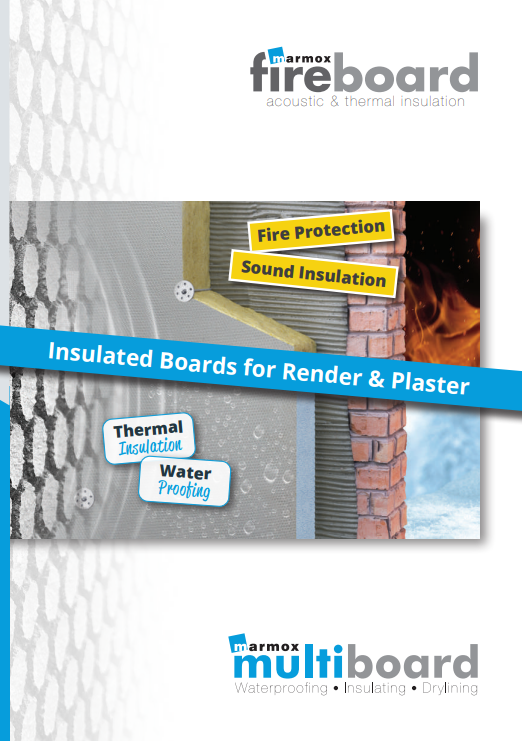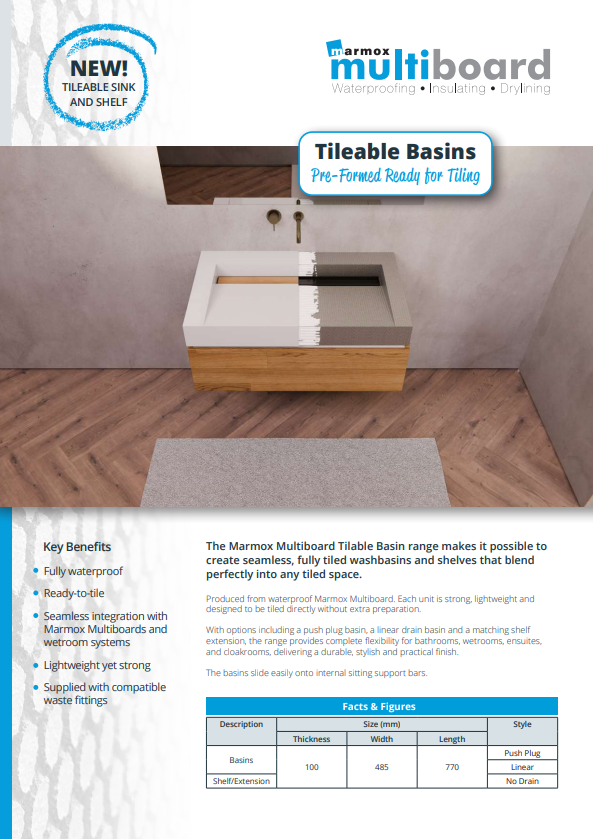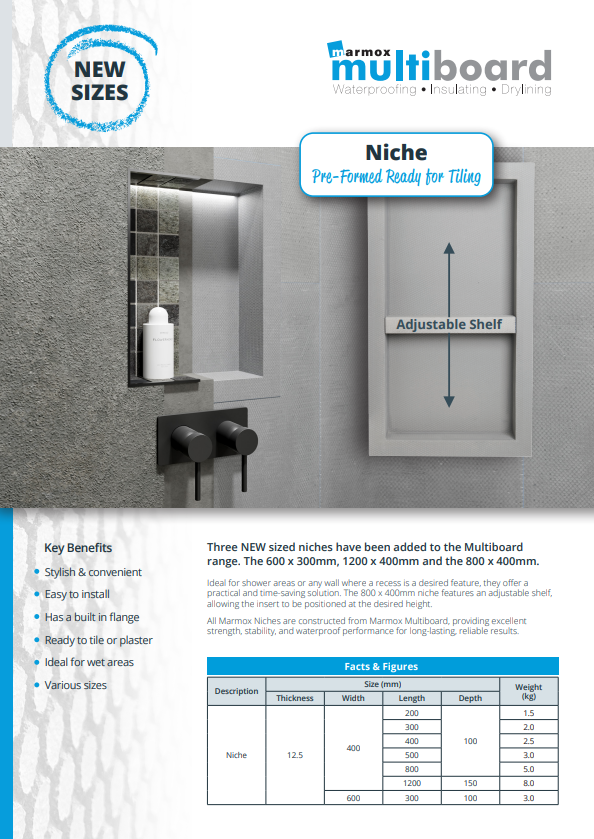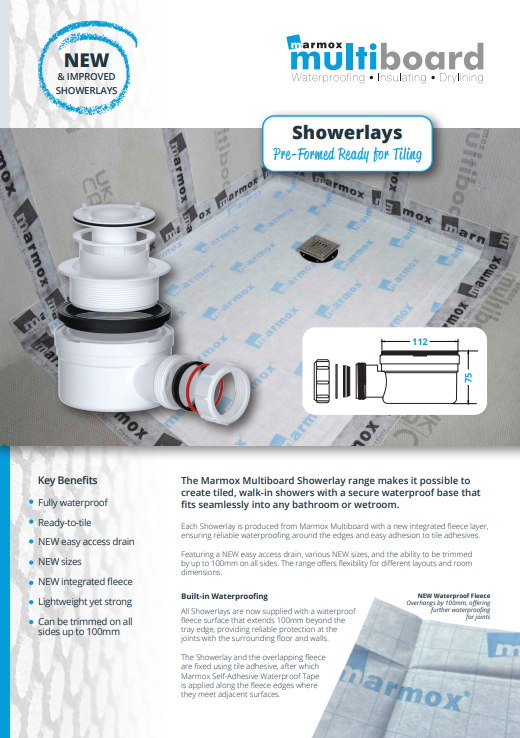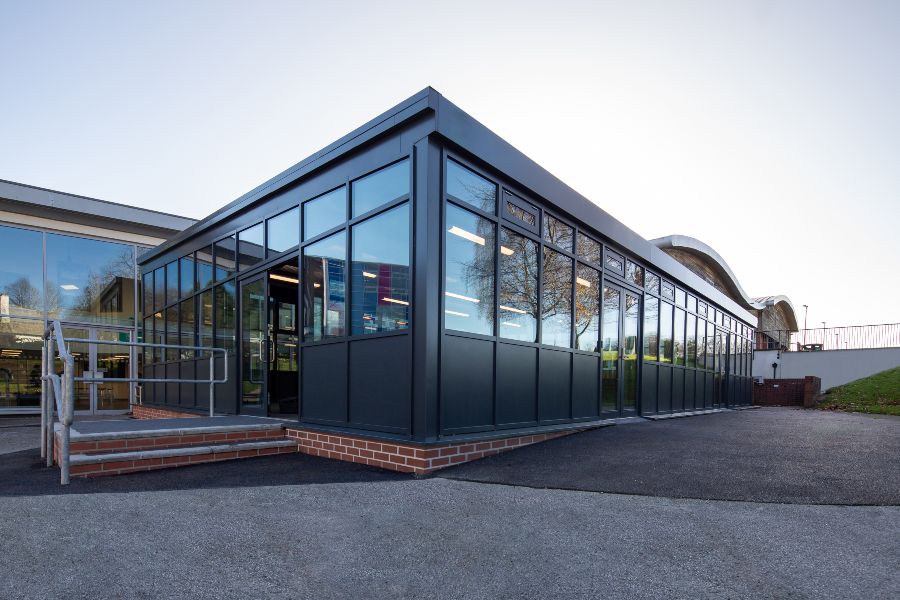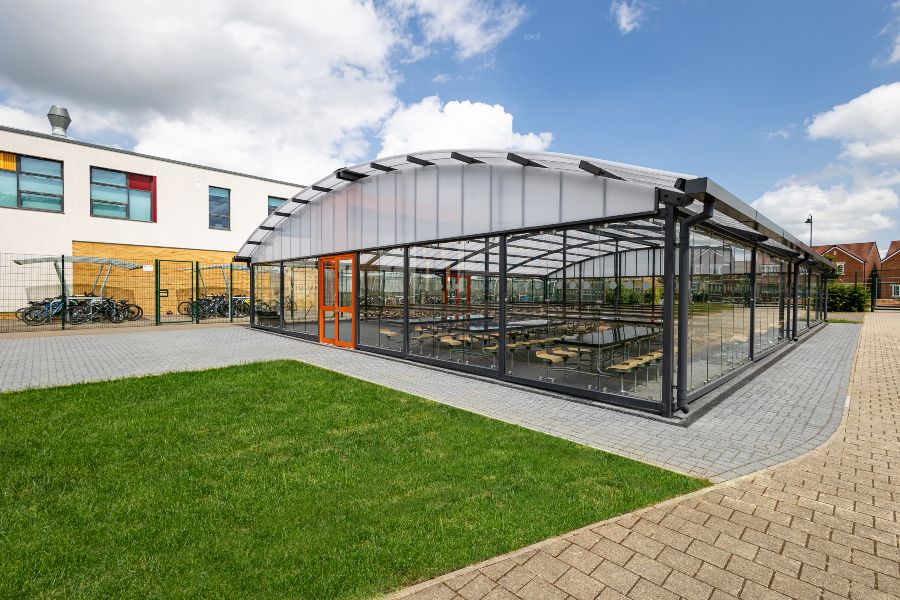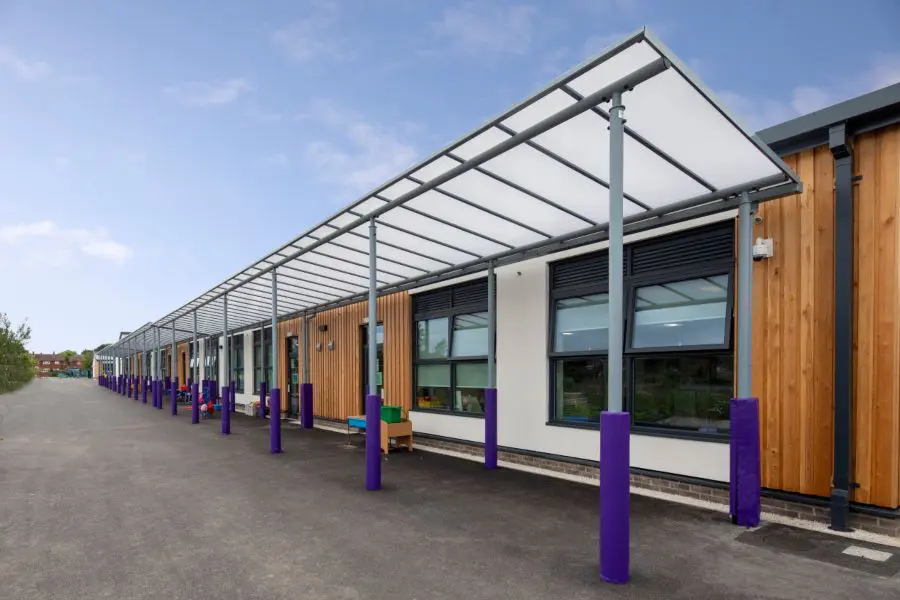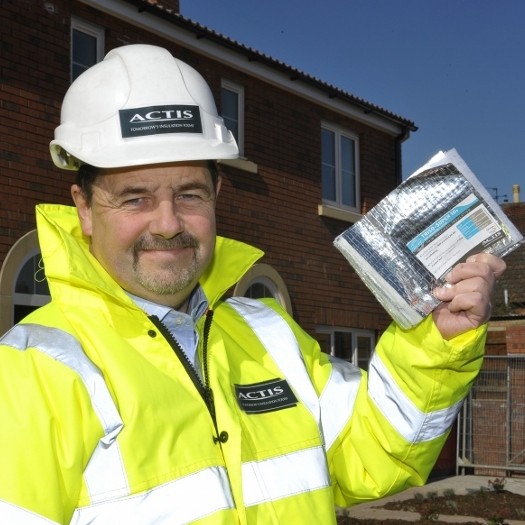
The government’s decision to take on board concerns by civil engineering experts that heavily insulated homes could become dangerously overheated in summer have been welcomed by European insulation specialists.
A report, which hit national headlines this week, by Prof Chris Goodier from Loughborough University’s department of civil and building engineering, warned that enthusiasm to benefit from the Green Deal could lead to some homes becoming too warm in the summer, leading to overheating or even death.
Pioneering insulation firm Actis has welcomed the fact that the report’s warning has been taken on board by DECC, which has now published guidelines aimed at ensuring installers are aware of the factors which may contribute to such a scenario.
Actis UK technical manager David Curtis explained: “At night a highly insulated building will retain a lot of the heat built up through solar gain during the day. Masonry walls act as a thermal store, releasing heat into the building at night – similar to storage heaters. Therefore when external night time temperatures decline, insulation prevents a similar decline internally which means internal temperatures remain close to day time temperatures. A topping up process occurs the next day when the sun rises again.
“While some forms of insulation retain the heat for longer when outside temperatures cool at night, others are designed specifically to keep a house both warm in winter and cool in the blistering heat.
“Reflective insulation technology and wood fibre insulation which can be used in roofs and in timber framed walls are two such examples.
“Reflective products reflect the daytime heat to keep the property at a constant low relative temperature. Timber framed walls and roofs perform in a slightly different way from masonry walls, in that the structure is relatively lightweight with low thermal mass. Therefore the timber framed wall or roof area warms up quickly during the day and the built up heat is trapped by the insulation when the outside temperature cools at night.
“Certainly, using reflective insulation is an extremely popular choices for loft converters because it is known to work in both directions. The radiated energy of the sun will be reflected back away from the building in summer, similar to the whitewashed walls analogy used by DECC. One of the reasons for the success of our products Triso Super 10+ multifoil in loft conversions is that it keeps the roof space cooler in the summer whereas traditionally insulated conversions rely on keeping windows open to help keep the roof space cool.
Actis recently launched a further range of reflective insulation consisting of three mix and match products - HControl Hybrid, a reflective vapour control layer with built in thermal performance, Boost’R Hybrid, a reflective breather membrane with insulation properties and Hybris, an innovative reflective insulation material.
Wood fibre also performs well in both winter and summer because its high thermal mass capacity combined with its high density offers a thermal time lag between the moments when external and internal temperatures reach their peak.
“Sylvactis wood fibre insulation slowly releases absorbed daytime heat during the night. It absorbs the fluctuations in temperature all day long while the building remains at a moderate temperature – cooler than the outside during the day and warmer than the outside at night time,” explained David.
“Of course, no form of insulation can address the significant effects of solar gain through windows in summer.”








